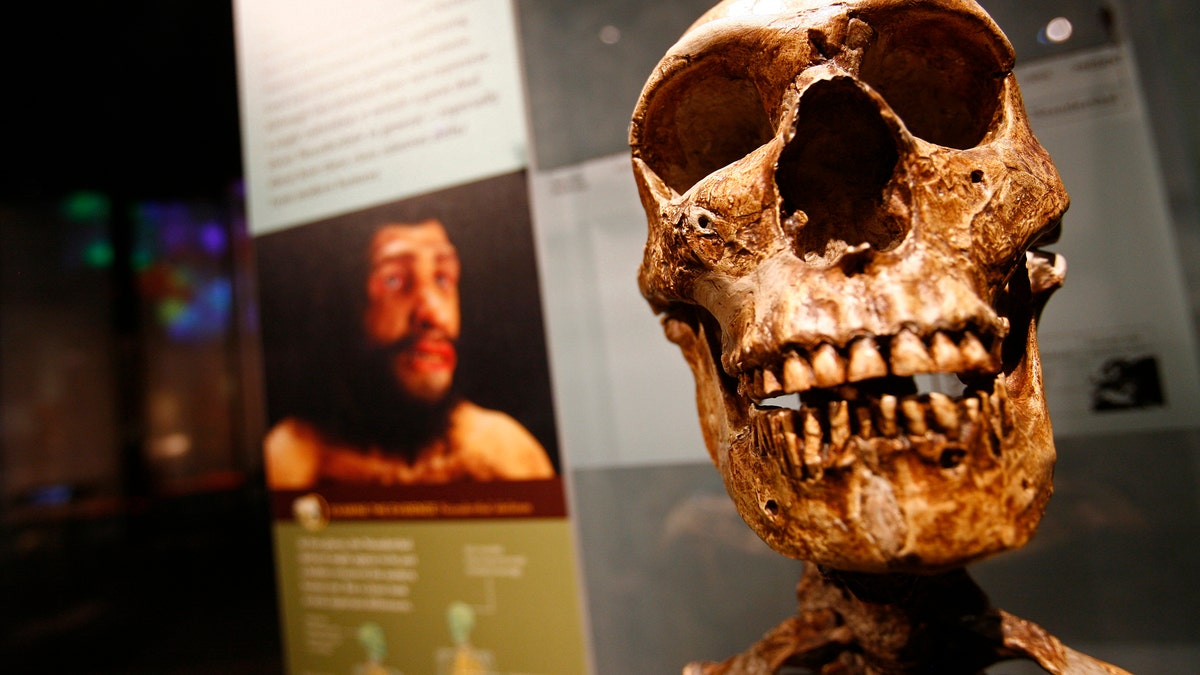
File photo: Skeletal remains from the Anne and Bernard Spitzer Hall of Human Origins at the American Museum of Natural History, a permanent exhibition hall that presents the remarkable history of human evolution from our earliest ancestors millions of years ago to modern Homo sapiens, are seen in New York,February 7, 2007. (REUTERS/Shannon Stapleton)
The bones of ancient hunters unearthed in Morocco are the oldest known specimens of the human species, potentially pushing back the clock on the origin of modern Homo sapiens, scientists announced Wednesday.
Found among stone tools and the ashes of ancient campfires, the remains date from about 300,000 years ago, a time when the Sahara was green and several early human species roamed the world, the scientists said. That makes them about 100,000 years older than any other fossils of Homo sapiens—the species to which all people today belong.
“These dates were a big wow,” said anthropologist Jean-Jacques Hublin at the Max Planck Institute for Evolutionary Biology in Leipzig, Germany. He led an international team of scientists who reported the discovery Wednesday in Nature. “This material represents the very roots of our species—the very oldest Homo sapiens found in Africa or anywhere.”
Until now, most researchers believed that modern humankind emerged gradually from a population centered in East Africa around 200,000 years ago. Previous discoveries of early Homo sapiens fossils have been concentrated at sites in Ethiopia.
This story originally appeared in The Wall Street Journal.








































